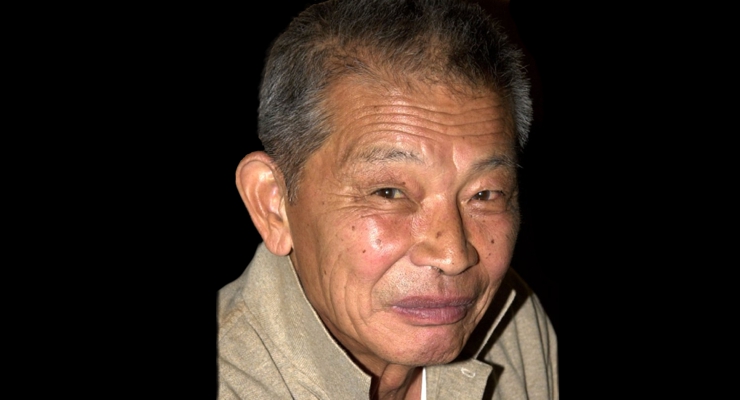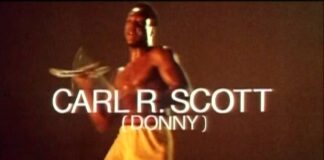
Acting company’s co-founder used `Sand Pebbles’ role to push beyond stereotypes
In the early days of his acting career, when most roles offered to Asian-American actors were caricatures or stereotypes, Makoto “Mako” Iwamatsu took just such a part and used it to open the doors of Hollywood and Broadway to others.
In the 1966 film The Sand Pebbles, he played the Chinese character Po-han, who spoke pidgin English, called the white sailors in the movie “master,” and treated them as such. But through the power of his acting, Mr. Iwamatsu transformed Po-han and compelled the audience to empathize and identify with the engine-room “coolie.”
The portrayal earned Mr. Iwamatsu an Academy Award nomination, which he used to continue his push for more and better roles for Asian-American actors.
Mr. Iwamatsu, who in 1965 co-founded the East West Players, the nation’s first Asian-American theater company, died Friday of esophageal cancer at his home in Somis, Calif. He was 72.
“What many people say is, `If it wasn’t for Mako there wouldn’t have been Asian-American theater,'” said Tim Dang, current artistic director of East West Players based in the Little Tokyo district of Los Angeles. “He is revered as sort of the godfather of Asian-American theater.”
In an acting career that spanned more than four decades, Mr. Iwamatsu was a familiar face in film and television. He appeared on series including “McHale’s Navy,” “I Spy,” “M*A*S*H,” “Quincy,” and “Walker, Texas Ranger.” In films, he was a Japanese admiral in the film “Pearl Harbor” and a Singaporean in “Seven Years in Tibet.” He was Akiro the wizard in the movies “Conan the Barbarian” and “Conan the Destroyer.”
But Mr. Iwamatsu had a larger view of the possibilities for Asian-American actors.
As artistic director of the East West Players, Mr. Iwamatsu trained generations of actors and playwrights. He brought to the stage classics including Shakespeare’s “Twelfth Night,” Chekhov’s “Three Sisters” and lesser known contemporary works. He devoted the entire 1981 season to works discussing the internment of Japanese Americans during World War II. The series coincided with the opening of a national discussion on internment reparations.
Although his own career was marked by moments of success, it also was forged by struggle.
“Generally for him it was particularly hard, because he was an immigrant … there was the linguistic challenge,” said George Takei, who played Sulu in “Star Trek.” “But he recognized we needed more opportunities to practice our craft.”
Mr. Iwamatsu used his Oscar nomination to address the dearth of parts for Asian-Americans in general.
“Of course, we’ve been fighting against stereotypes from Day 1 at East West,” Mr. Iwamatsu said in 1986. “That’s the reason we formed: to combat that, and to show we are capable of more than just fulfilling the stereotypes–waiter, laundryman, gardener, martial artist, villain.”
Los Angeles Times – Published July 25, 2006






